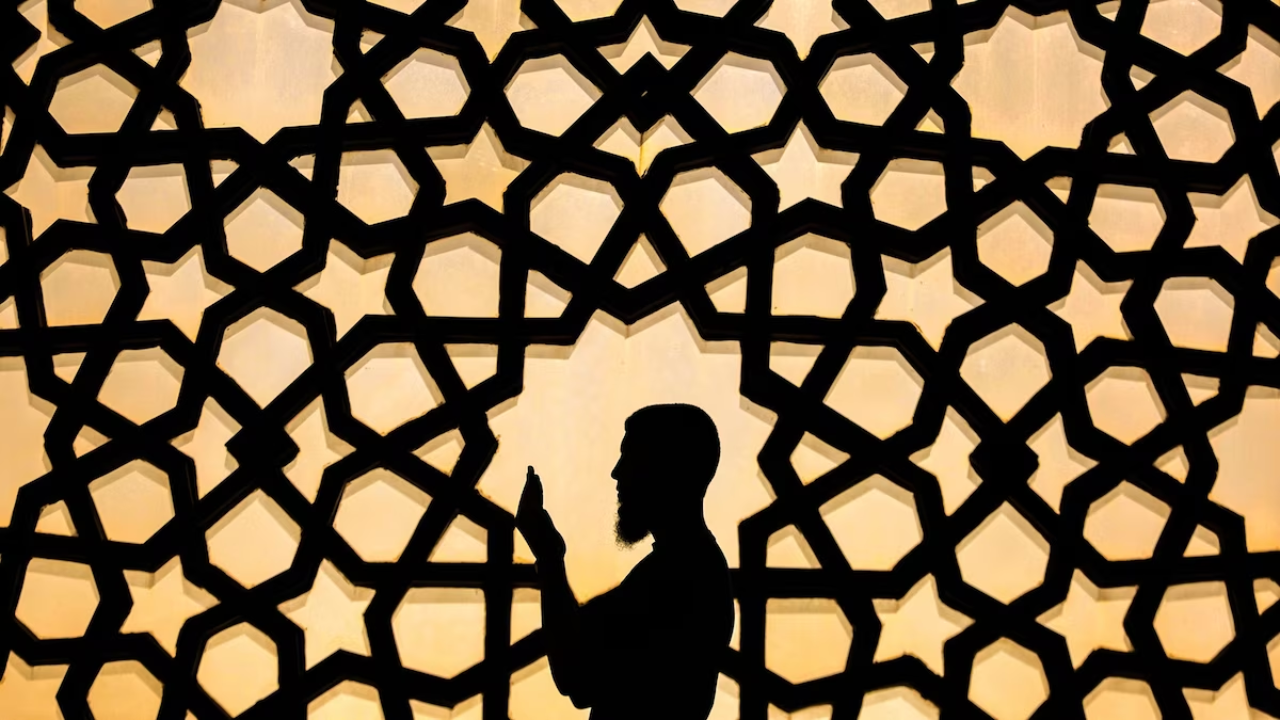Mr Manohar J. Pherwani, a government officer, rose in service to become Chairman of the Unit Trust of India and of the National Housing Bank, both highly rated posts in the Indian economic sphere. In 1991, the Reserve Bank of India issued a circular which stated that bank funds should not be transferred to the stock market. Disregarding this circular, Mr Pherwani issued a cheque for Rs 3,078.63 crores to a broker. He was later brought to book for flouting government regulations. He resigned from his post on May 9, 1992. This chain of events was reported in the Hindustan Times of May 22 and June 3, 1992.
His case was handed over to the CBI for investigation, a development ultimately proved disastrous. He so feared being unable to exonerate himself of all blame in court, that only twelve days after resigning, he complained of severe chest pain around 2.25 a.m., and within five minutes he had collapsed. He was only 58 years of age. The trauma of having to appear in a man-made court proved too overwhelming for Mr. Pherwani. But if he felt afraid of having to account for his actions in a court set up by human beings, how would he feel about appearing in a court set up by the Almighty? When having to face a human court proves so unnerving, what will a man’s condition be when he finds himself standing trial in the divine court?
Death may spare a man from facing human judges, but it will immediately set him before his Maker, the greatest Divine Judge, which will be a much more terrifying experience. This is a matter of the utmost gravity. Were man to ponder upon it, he would be shaken to the very core.
This first appeared on 27 August, 2023.

